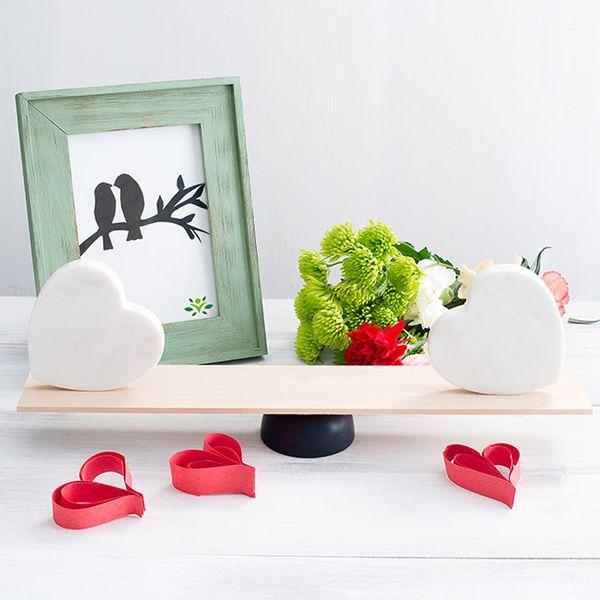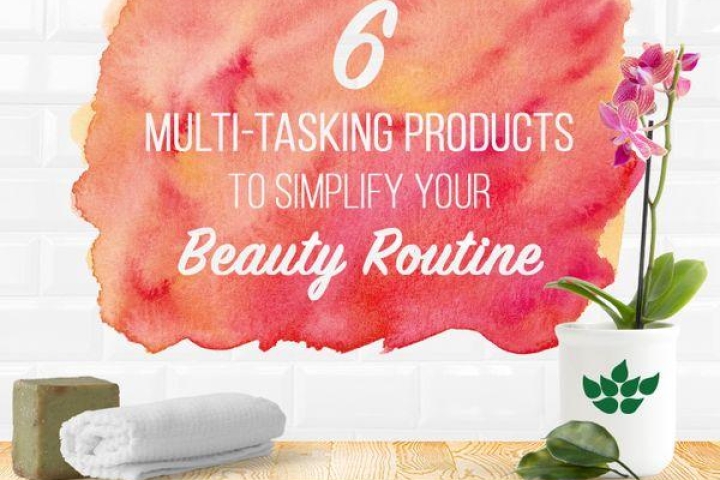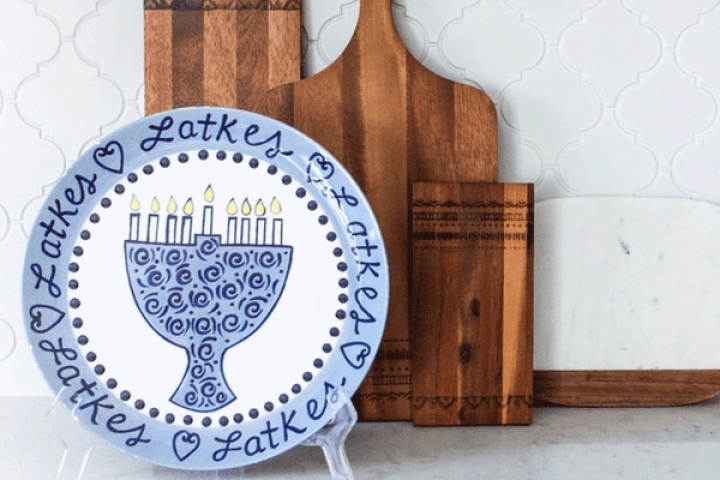Tips for Healthy Relationships
Tips for Healthy Relationships
The health of our relationships affects our physical and mental well-being in ways we might not anticipate. Healthy relationships have been linked to better physical and mental health, whereas unhealthy relationships contribute to higher stress levels, leading to a weakened immune system and an increase in blood pressure.
A comprehensive study spanning 7.5 years revealed that individuals in healthy relationships had a 50% greater likelihood of survival, regardless of age, sex, or initial health status. This statistic surpasses many other high-risk health factors.1
So, what’s the secret to healthy relationships? It involves more than just love! Here are seven tips for fostering healthy relationship habits every day.
1. Strive for Relationship Balance
Do you often prioritize the needs of your partner over your own? It’s easy to do so when you care deeply for someone. However, you must not neglect yourself. Maintaining a balanced relationship is essential for its health.
You’ve probably heard the saying, “if you don’t love yourself, it’s difficult to truly care for another person”—and there’s truth to this. A balanced relationship involves maintaining your individuality and ensuring your needs are met as often as your partner’s. It encompasses mutual respect, kindness, support, and celebrating each other’s independent achievements.
It also involves self-love, such as enjoying personal hobbies, trying new and interesting activities, and making time for what makes you happiest. Read 16 Ways to Scare Yourself Every Day for some fantastic ideas and activities you can enjoy both alone and together.
2. Deal with Conflicts and Move On
Unresolved conflicts can accumulate over time. Additionally, harboring negative feelings long after a conflict can cause unnecessary stress for both parties. Address conflicts by focusing on the issue at hand rather than resorting to the silent treatment, attacking each other, or holding grudges. Once the issue is resolved, let it go and move forward.
Banish
-
- the silent treatment
- attacking each other (verbally or physically)
- holding grudges
- “you...” statements that cast blame, accuse, assume, or make partners feel defensive or resentful
Embrace
-
- calm, focused discussions on the issue
- time-outs to diffuse heated discussions and refocus on the issue
- “I” statements that avoid blame and encourage personal responsibility for thoughts and feelings
- moving on after a resolution, understanding that “resolved” means mutually agreed upon
Read 6 Basic Relaxation Tips for some helpful tips that may assist during a time-out session.
3. Reserve ‘Fixing’ & ‘Controlling’ for the To-Do List & TV Remote
While we all have room to grow, it’s important to grow together rather than trying to change or control each other. Focus on supporting one another as you work towards individual and shared goals. Having someone you love trying to change you can be unsettling. Accepting each other as you are, including all “flaws,” and growing together promotes a healthier relationship.
4. Take Happiness into Your Own Hands
Happiness truly originates from within. Others cannot be responsible for your happiness, and external circumstances will fluctuate. True happiness is closely linked to your mindset. By taking charge of your happiness, your relationship will likely be happier as well.
-
- find ways to be happy despite external circumstances beyond your control
- consider making a daily ‘I’m Thankful For’ list, meeting weekly with an uplifting friend, or maintaining a gratuity bank by writing down things you’re grateful for on slips of paper and storing them in a jar to revisit on a rainy day
- take responsibility for your own happiness by exploring new hobbies or sports if you feel bored or restless
Get a fresh start on your journey to health and happiness with these 5 Ways to Detox Your Mind and Body.
5. Take Self-Care Time for Each of You
Regardless of how much you enjoy being together, your relationship will be healthier if you also take time for self-care. This time might include an energizing morning routine to help kick-start your day, sessions at the gym, a long soak in the bath with a good book, or something entirely different (see more tips in 6 Ways to Take Care of Yourself).
Make self-care a healthy habit, and ensure you both receive sufficient vitamins, minerals and nutrients from real, wholesome foods to stay healthy. Fill nutritional gaps with vitamins made from real food sources like our Real Food Multi for Women or Real Food Multi for Men.
6. Share Feelings Openly & Honestly (with Kindness)
Being able to trust your partner with your feelings is crucial in a healthy relationship. Sharing emotions with a supportive partner builds trust, relieves stress, and makes you feel more capable and prepared to face life’s challenges.
Demonstrate your care for each other by providing a supportive and safe space to express emotions openly and honestly without criticism. And remember to hug each other often to release oxytocin, a hormone that can help lower blood pressure, decrease heart rate, and reduce stress.2
7. Agree to Disagree
In any relationship, there will be topics on which you do not agree. Instead of arguing about who is right or trying to change the other’s mind, consider agreeing to disagree. Respect the fact that you are both unique individuals with your own perspectives. Often, differing preferences are perfectly acceptable.
If your disagreements concern major issues, a different approach may be necessary to resolve the conflict. However, many minor disagreements and unnecessary stress can be avoided simply by agreeing to disagree.
Healthy Relationships for Healthy Lives
Maintaining healthy relationships requires effort, and developing positive relationship habits takes time. However, the benefits are substantial—you and your partner are more likely to be happier, healthier, less stressed, and may even live longer!
How do you keep your relationship healthy? Share your tips on healthy relationship habits below.
You may also enjoy reading Ways to Support Passion and Sexual Health. Are you looking for more wellness tips from A to Z? Check out our full BubbForest Health’s A-Z Guide to Modern Wellness here. Also, be sure to sign up for BubbForest Health emails to get expert advice and our best promotions delivered to your inbox.
About Lindsey Toth, MS, RD
Lindsey is a nationally recognized registered dietitian and nutritionist with a soft spot for pie. She empowers people to take charge of their health by finding the balance between pleasure and nourishment in food. Her philosophy is that you should take care of your body because it’s the only permanent home you have. This inspired her to pursue a career in nutrition.
Sources
1. Social Relationships and Mortality Risk. PLOS Medical Journal.Read source
2. More Frequent Partner Hugs and Higher Oxytocin Levels. Biological Psychology. Read source
3. The Health Benefits of Strong Relationships. Harvard Health Publishing. Read source
*These statements have not been evaluated by the Food and Drug Administration. These products are not intended to diagnose, treat, cure, or prevent any disease.





Leave a comment